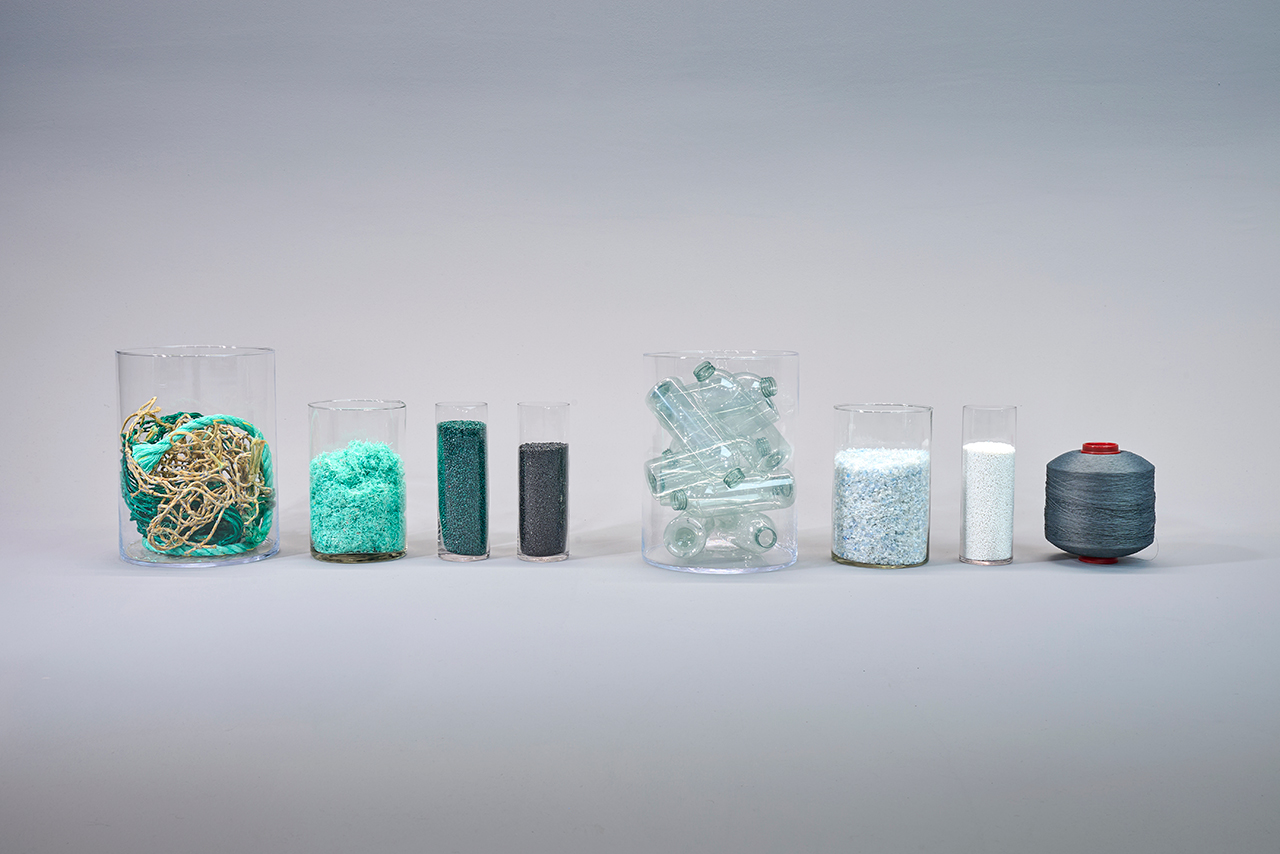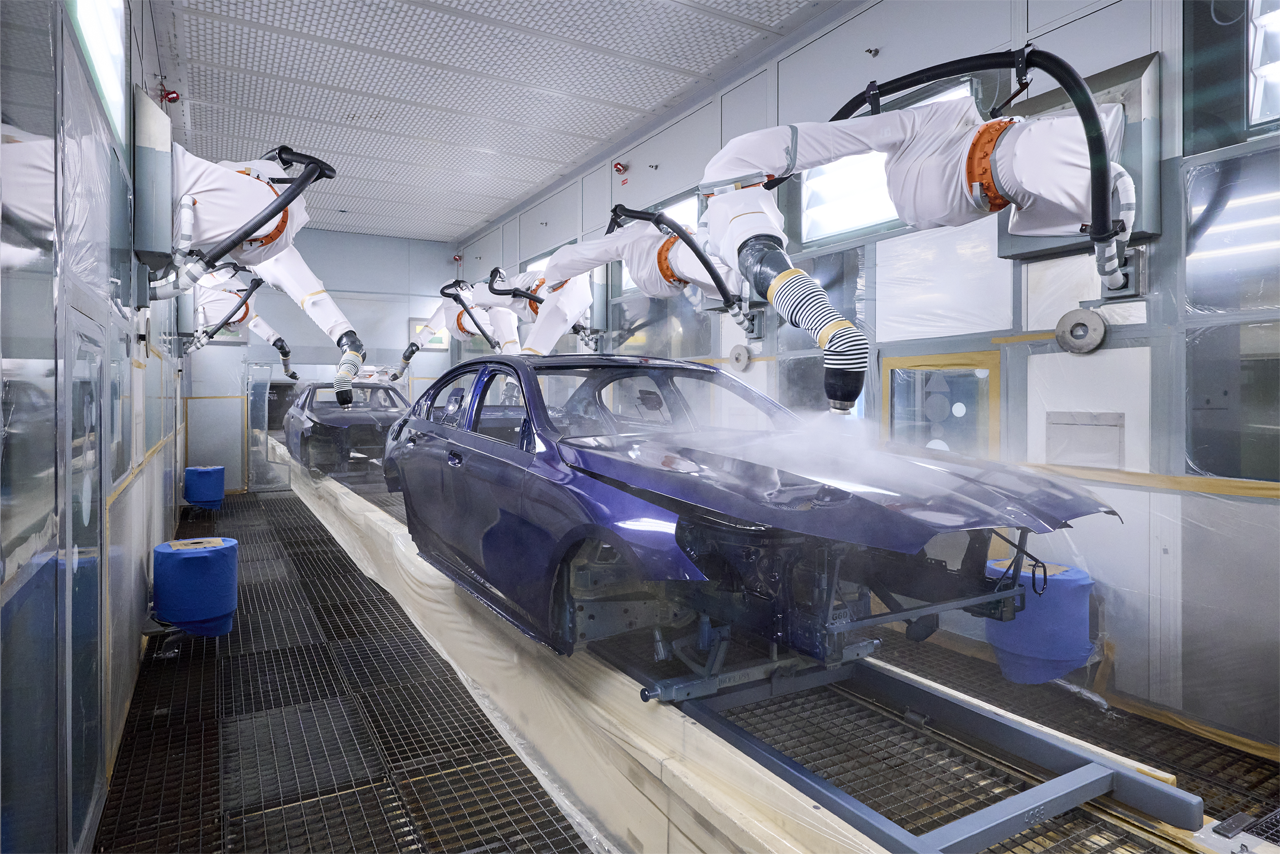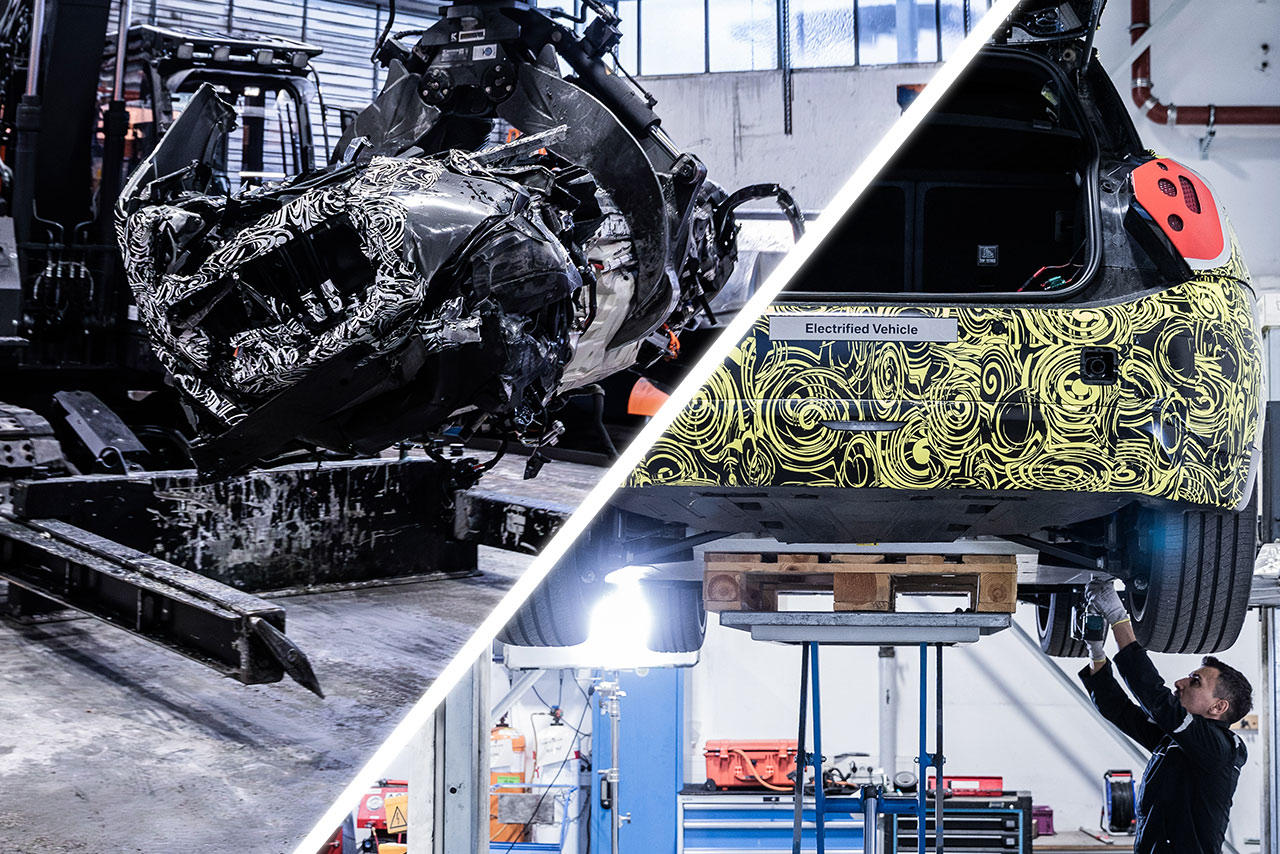Making transportation as environmentally friendly as possible a matter of policy at the BMW Group. As the only carmaker worldwide, the company is now committed to sustainable recycling of sea freight vessels
Around 5,000 container ships and hundreds of roll-on, roll-off vessels (Ro-Ro) primarily used by us to transport vehicles are currently cruising the world’s oceans. Some of those ships are almost 400 metres long and even Ro-Ro freighters can require a parking space of up to 250 metres while loading up to 6,000 cars at a time. Compared to other forms of transport, it is – initially anyway – the environmentally sensible option.
But what happens to these “giants of the ocean” or even smaller freight ships once they have completed their last voyage and are taken out of service?
“These ships can become a huge problem”, says Stephan Reinhold, a member of the Sustainability Team of the BMW Group. Often the wrecks are sold to companies in India or on the African continent. But there is no guarantee in some cases that any non-recyclable parts will be properly recycled or disposed with. What, for instance, happens to the residual oil in the tanks? What are the labour conditions like on the ground? And who monitors the compliance of these companies with social standards?
‘Many ships seem to simply disappear into a veritable black hole”, says Reinhold. While the BMW Group does not own any ships, it naturally utilises ocean transport to move things around the world. Around 7,000 containers carrying about 30 million parts are shipped on a daily basis. And roughly 10,000 BMW Group vehicles are “on the water” every day. While that is only a fraction of the total number of freighters doing the rounds of the maritime trading routes on any given day, “the responsibility of the BMW Group extends beyond our own transport needs”, says Reinhold. “It is an integral part of our corporate philosophy to consider the sustainability of the transport modes we utilise – up to and including disposal of the vessels.” This is why – according to Reinhold – the BMW Group is critically reviewing the ship recycling situation.
As the first carmaker worldwide, the BMW Group has now joined the “Ship Recycling Transparency Initiative” (SRTI). This independent alliance of companies launched in March 2018 by the “Sustainable Shipping Initiative” primarily consists of shipping companies and cargo owners and has three main goals: to create more transparency, increase awareness of the problem and, above all, take measures to improve the ship recycling situation. By developing shared solutions, a sound basis can also be created for introducing permanent and binding sustainability standards for the recycling of sea vessels.
This commitment of the BMW Group to ship recycling is part of the “Green Logistics Strategy 2050” of the company. A key component of that strategy is further significant minimisation of emissions caused by the transportation of vehicles and vehicle parts. “In order to collectively achieve the Paris climate change goals and keep global warming by the year 2050 well under two degrees we want to increase our climate change mitigation efforts as a whole and make them as comprehensive as possible”, says Reinhold, who is also one of the people responsible for strategic sustainability measures in transport logistics within the BMW Group. This is why the BMW Group monitors its resource consumption from the outset in order to reduce its own share and that of its suppliers and service providers. Everything from raw materials and transportation by ship, rail, truck or plane through to the end of the vehicle lifecycle – irrespective of which type of vehicle – is taken into account.
















